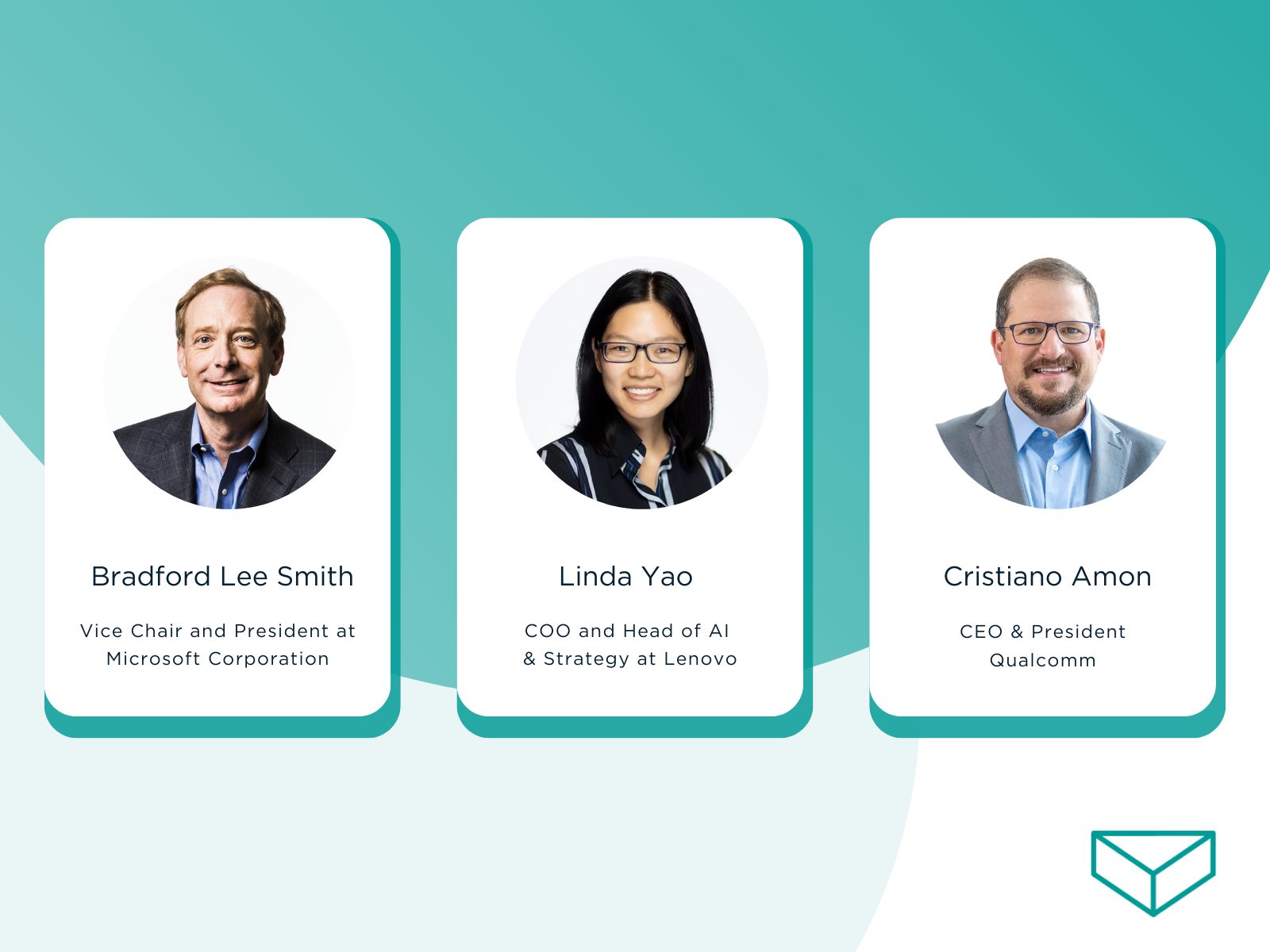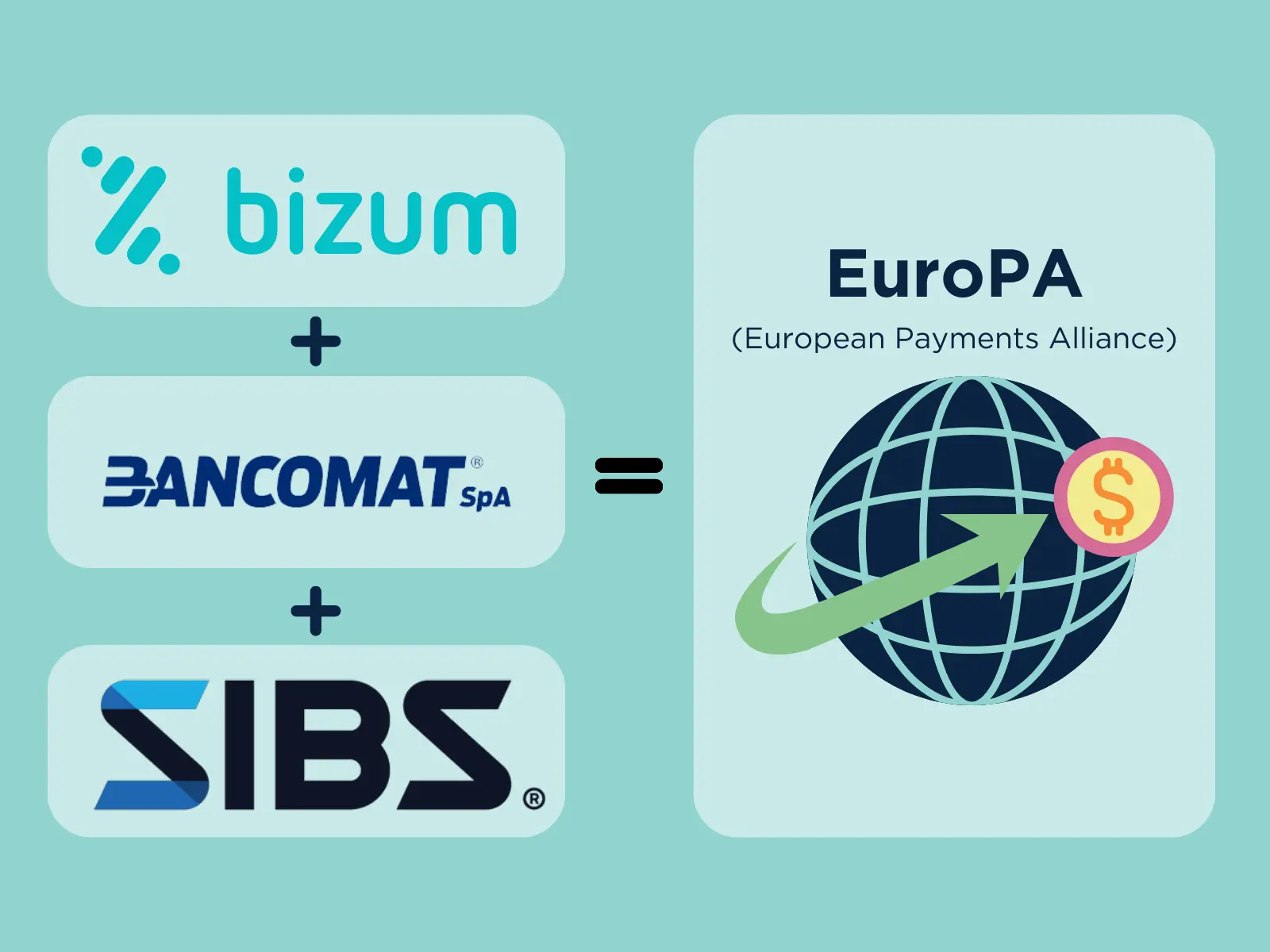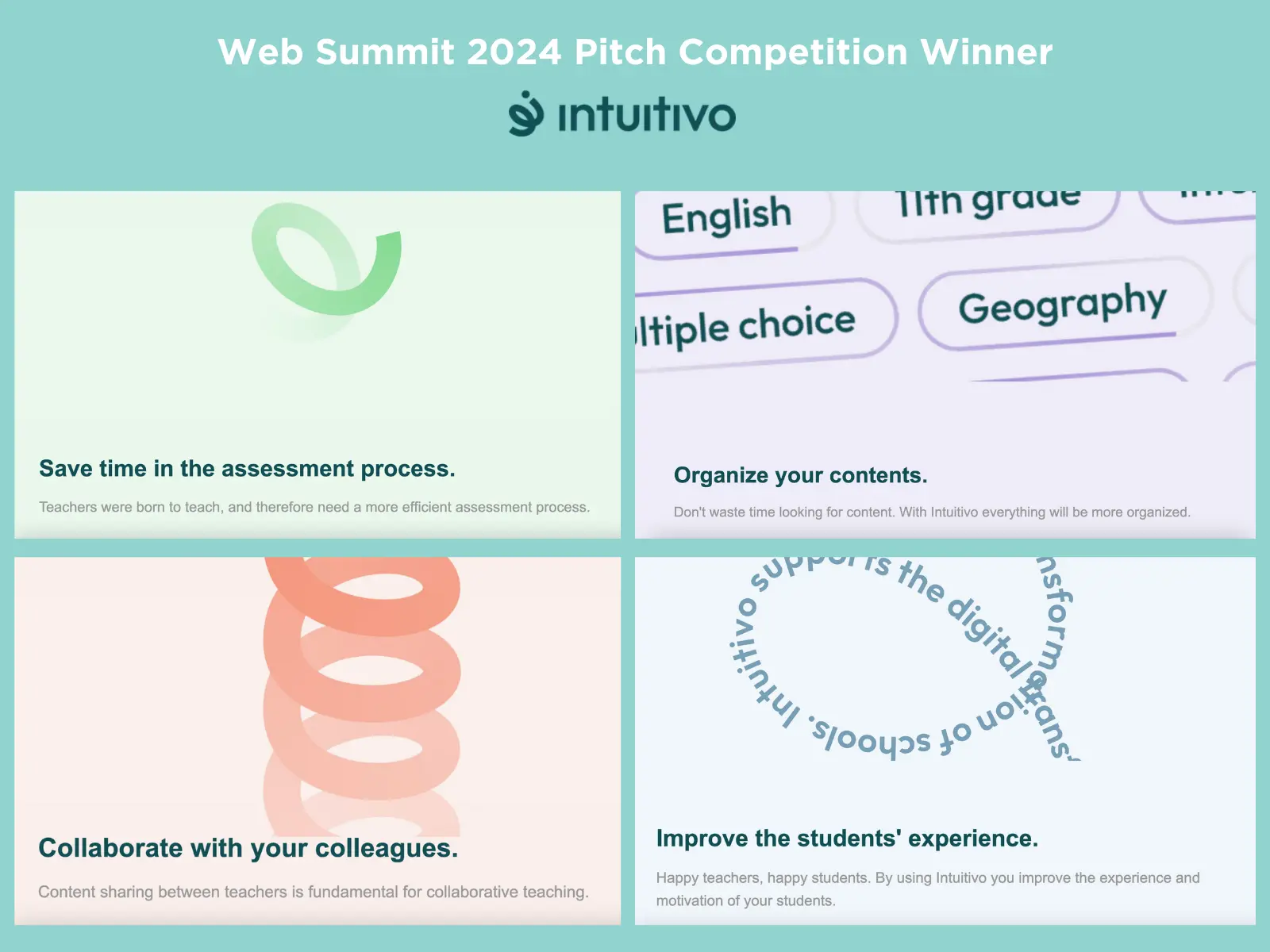The world's largest IT event, Web Summit 2024, recently concluded. The conference continues to attract more fans globally and is growing in popularity each year. This time, from November 11 to 14, it hosted a record-breaking 70,000 participants from 153 countries.
If you haven't yet caught up on the key highlights from Web Summit 2024, now is the perfect moment. In this article, we'll dive into the main topics discussed, highlight the startup competition winners, and share our predictions for 2025.
Key Discussions at Web Summit 2024
Web Summit 2024 set a new record for attendance, bringing together leaders from AI, fintech, healthcare, and environmental sectors. Artificial Intelligence took center stage, with 16% more representatives than last year.

Since 43% of investors named AI and machine learning the top technologies for the next decade, we'll examine this area closely.
Artificial Intelligence at Web Summit
This year, Artificial Intelligence took center stage, attracting the most attention from participants and speakers. Discussions touched on AI's role in business, creativity, and digital governance.
Experts at Web Summit explored the challenges and evolution of various AI models. They emphasized the importance of collaboration between specialists to make the most of this technology.
- Brad Smith, Microsoft's President, called AI the new Industrial Revolution, comparing its impact to the invention of electricity. He revealed that Microsoft is focused on building a next-generation platform to unify all foundational AI models.
- Linda Yao, Lenovo's Vice President for AI, noted that we are still in the early stages of AI development. She highlighted content creation, data analysis, coding, and customer support transformation as the most promising areas for AI. Linda also predicted the rise of AI assistants, driven by the growing demand for hyper-personalization.
- Cristiano Amon, the President of Qualcomm, compared the rise of AI to the evolution of smartphones and stressed the importance of teaching people how to use this new technology effectively.

One of the panel discussions focused on the EU AI Act, which came into effect this summer. Participants pointed out that startups and small businesses are waiting for clear industry standards to ensure AI's safe and compliant use.
Robotics also drew a lot of interest. One exhibit featured Stella, a robot kit made with 3D-printed components. Stella is durable, easy to repair, and designed to teach students about robotics. It can also carry loads of up to five kilograms.
The Impact of Immersive Technologies at Web Summit
Immersive technologies also sparked much interest at the Web Summit, especially in education. A highlight in this area was the demonstration of Snapchat Spectacles, augmented reality glasses. These glasses project digital elements onto the real world, creating a seamless blend of immersive content. While designed to boost creative experiences, the technology has significant potential in marketing, industry, and education.

At the Ukrainian booth, Epicenter Group presented its "Epicentr Metaverse" project. Visitors can virtually tour the company's shopping mall in Chabany (Kyiv region) using VR glasses. According to a comment to FinTech Insider, plans include adding the ability to shop in the Epicenter metaverse.
Web Summit and the Development of the Financial Sector
Web Summit also highlighted the growth of the financial sector, with participants from various countries sharing their achievements.
For example, Bizum from Spain, BANCOMAT from Portugal, and MB WAY/SIBS from Italy partnered to create Europe's first cross-border instant mobile payments. The service is available to 45 million people in these three countries and will soon expand across the EU.

Joshua Silver, CEO of Rainforest, called the U.S. one of the countries with the most lagging in financial innovation. He attributed this to legislation that creates regulatory barriers for fintech development. While Silver doesn't see much potential for change, he urged attention to the issue.
Mark Nielsen, Chief Customer Officer at Visa, discussed launching a new feature for flexible payment credentials in the U.S. and UAE. This feature allows any funding source, including credit, cryptocurrency, and reward points, to be used during a transaction. Nielsen also mentioned that quantum computing will revolutionize fintech and transform the industry shortly.
Trade Delegations at Web Summit 2024
While developers and investors have traditionally attended Web Summit, today, the event brings together entire delegations from various countries.
The largest delegations came from Germany and Brazil. Qatar, Ireland, and Brazil had special pavilions to showcase their innovative startups. The Ukrainian delegation presented 24 startups focused on crisis resilience and technology integration.
In total, 62 trade delegations from 36 countries attended the Web Summit.
Pitch Competition: Winners of Web Summit 2024
In previous years, the Pitch Competition finalists were startups using trending technologies. AI was still the main trend this year, but only one finalist used this technology. The GovGPT project developed police bulletproof vests with cameras and sensors that analyze the surroundings and warn of danger through vibrations.
The second finalist was Scoutz, a platform that served as a marketplace for young athletes. It aimed to help scouts find talent more easily and invite them to join teams.

This year's winner was the Portuguese startup Intuitivo. Their digital assessment platform helps teachers save time on repetitive tasks. João Guimarães, the founder, stated during the award ceremony that he does not plan to integrate AI into the project soon.
Web Summit 2025: What to Expect Next Year?
In 2025, several Web Summit events are planned. The conferences will take place in Qatar (February 23-26), Hong Kong (March, date TBD), Rio de Janeiro (April 27-30), and Vancouver (May 27-30).
Next year, we can expect many exciting speakers, including Dileep Thazhmon, Co-founder & CEO of Jeeves; Marcio Aguiar, Executive Director at Nvidia; Shelley McKinley, Chief Legal Officer at GitHub; Laura Chambers, CEO of Mozilla; and Sara Sabry, Founder, CEO & Astronaut at Deep Space Initiative. The list of speakers is already growing and will be updated weekly.
We anticipate more discussions on Artificial Intelligence and look forward to more innovative startups. Stay with Vilmate for the latest news in the tech world!





